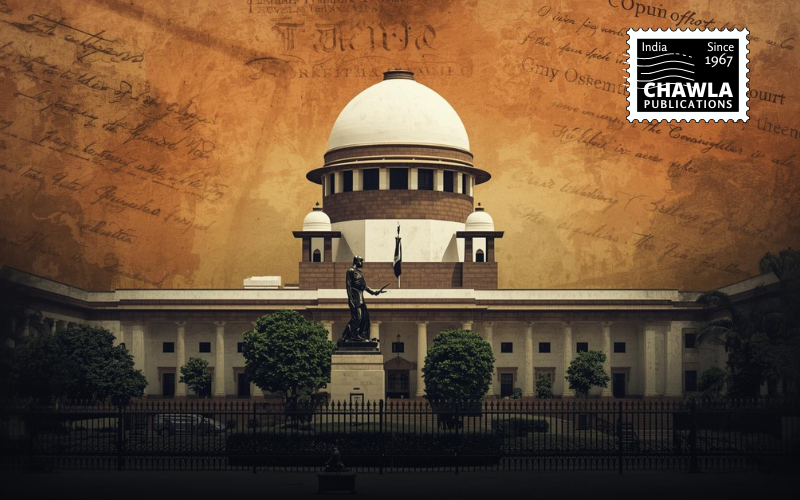Mandatory Life Imprisonment for Gang Rape of Minors Maintained, Future Challenges on Sentence Prescription Left Open
The Supreme Court of India has upheld the constitutional validity of Section 376DA of the Indian Penal Code, 1860, which mandates life imprisonment for individuals convicted of gang raping a woman under the age of sixteen. This decision came amidst challenges to the provision's adherence to Articles 14 and 21 of the Indian Constitution, which guarantee equality before the law and protection of life and personal liberty, respectively.
The case, Mahendra Vishwanath Kawchale v. Union of India, was heard by a bench comprising Justices B.V. Nagarathna and R. Mahadevan. The petition, filed as a Public Interest Litigation, argued that the mandatory nature of the punishment prescribed by Section 376DA was arbitrary and left no room for considering mitigating circumstances or alternative sentencing options.
The court, however, observed that the severity of the punishment reflects the gravity of the crime. It emphasized that the legislative decision to impose such stringent penalties for heinous acts like gang rape of minors was a matter of policy, and not subject to judicial interference unless it violated constitutional provisions.
The judgment clarified that while the punishment under Section 376DA is severe, constitutional and statutory remedies for remission are available to convicts. These include applications for remission under Articles 72 and 161 of the Constitution, which allow for clemency by the President of India or the Governor of a State, as well as provisions under the Code of Criminal Procedure and the newly enacted Bharatiya Nagarik Suraksha Sanhita, 2023.
The court acknowledged the petitioner's concerns regarding the lack of alternative sentencing options and the mandatory nature of the punishment, but decided to leave these legal questions open for adjudication in future cases with specific factual backgrounds.
The decision underscores the Supreme Court's stance on maintaining stringent punishments for grave offenses while leaving room for future legal debates on sentencing policies. It also highlights the balance between legislative intent and constitutional safeguards in the Indian legal system.
As the nation grapples with issues of sexual violence, this judgment reinforces the commitment to uphold the rights of victims while ensuring that convicts have access to legal remedies for remission. The ruling serves as a reminder of the judiciary's role in interpreting laws in alignment with constitutional principles, while respecting the legislature's policy decisions in addressing serious crimes.
Mahendra Vishwanath Kawchale v. Union of India, (SC) : Law Finder Doc id # 2777526




